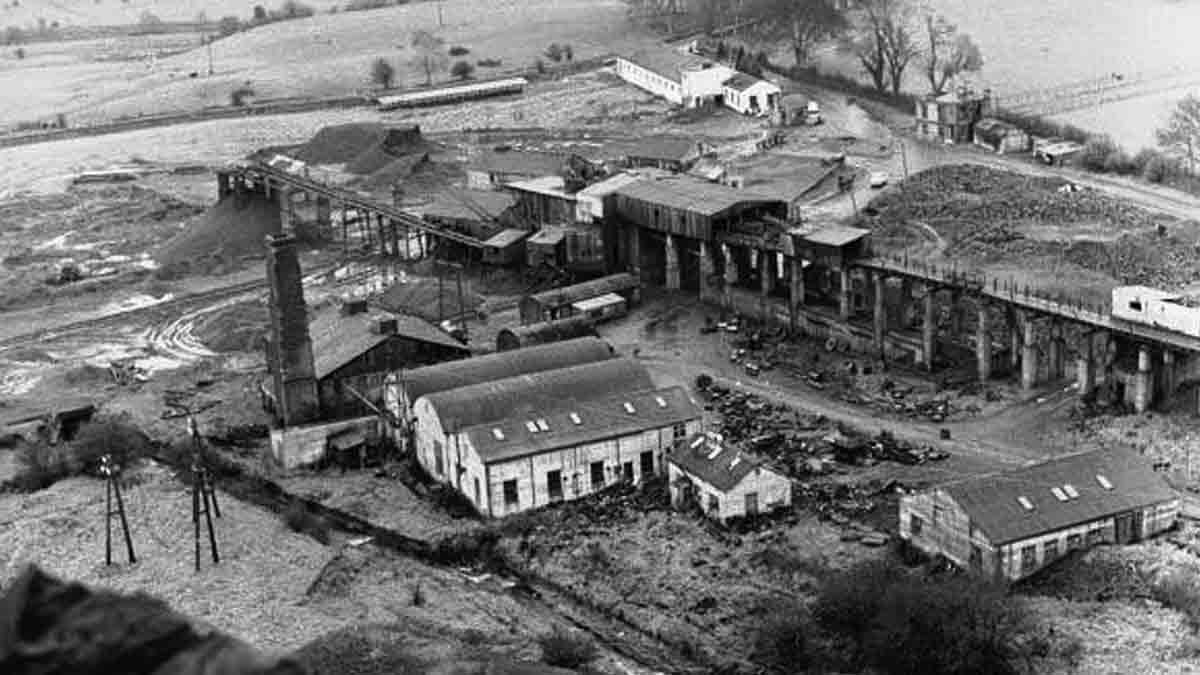BY JOHN FITZGERALD
Part 2
The 1932 strike for higher pay brought hardship to the workers of North Kilkenny and their families, against the background of a crippling economic recession.
To add to the workers’ plight, the Castlecomer clergy again backed the bosses, mounting ferocious attacks on Boran and the union at Sunday masses. The Parish Priest banned the workers from meeting at either the local school, or the old church building at Gazebo, despite the fact that they had raised money for two schools, a new church, and a state-of-the-art residence for the PP.
The miners and quarry workers resumed work on November 28th, having secured a small wage rise. Boran and his men thwarted the PP by planning to build a “Workers Hall” in Gazebo to eliminate the need to use church property. This infuriated the clergy, and 1932, the year of the Eucharistic Congress in Ireland, was not the most opportune time to challenge the Church’s influence!
Catholic fervour swept the country. The faith of the people burned more brightly and passionately than a million sacred heart lamps.
Conscious of this, the bosses elected to play the religious card. They wheeled in the Big Guns. The Bishop of Ossory, Dr. Collier, made a surprise appearance at Moneenroe church on December 11th to preach against Boran and the union. To add to the drama of the occasion, and to reinforce his authority, uniformed Gardai armed with batons flanked the bishop. It was a sight that parishioners found mind-boggling and completely over the top
Bishop Collier, it seemed, saw “reds under the bed” in Comer, to coin a phrase from McCarthyism. “I’m telling ye now”, he fumed, “Nixie Boran is the Devil and anyone who joins his union is the Devil’s Disciple. Oh, think about Our Lord, up there on that cross. Will ye support HIM, the Son of God, or those reds that have cut themselves off from HIM? Ye must decide. Your souls are in the balance. Will ye wave the red flag and forsake the Faith of our Fathers?
“Will ye? How foolish that would be, my dear people! Eternity is a very long time. Hell is a hot place where the temperature is higher than you can imagine. It’s hard for ye to think of that today, in the middle of winter, but ye’ll know when the Devil gets his paws on ye!
“I ask ye: What would it benefit a man if he were to gain the biggest pay rise in the world and then lose his soul?”
The bishop knocked splinters out of the pulpit as he banged away, shouting about hellfire and damnation. He called on mass-goers to renew their baptismal vows and renounce Satan before his service ended.
A lady at the back of the church muttered to her friend: “Glory to be to God. I thought those fellows only wanted a few extra bob for the miners!”
Bishop Collier issued a Pastoral letter in January 1933 to be read at all masses in the Comer district: This warned that Catholics could not be communists, or vice versa, and threatened a tough time in the afterlife for Boran and his followers.
Boran tried as best he could to hold the line against this clerical onslaught, writing articles and making speeches to boost the morale of the workers. He sought to win over the local population.
But the church held all the aces. The Hammer and Sickle proved no match for the mighty crozier. The Miners and Quarry Workers Union melted away as members and their families feared for their immortal souls or just felt the blast of heat from the pulpit.
The ITGWU re-organised in Comer to fill the vacuum, and the church had no objection to its moderate form of activism. Nixie Boran devoted the rest of his life to ensuring that the union stood firmly behind the workers.
Today, he remains a potent symbol of justice in the workplace.




















